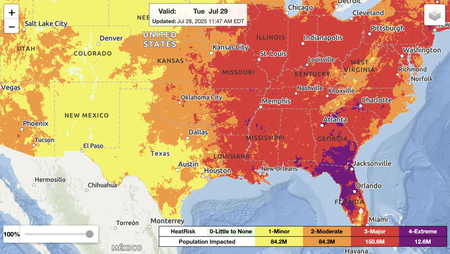
Tampa Breaks 100 Degrees F for First Time on Record as Heat Wave Bakes Eastern U.S.
Records are starting to fall to the continuing heat dome that is covering much of the eastern U.S.
Meghan Bartels is a science journalist based in New York City. She joined Scientific American in 2023 and is now a senior news reporter there. Previously, she spent more than four years as a writer and editor at Space.com, as well as nearly a year as a science reporter at Newsweek, where she focused on space and Earth science. Her writing has also appeared in Audubon, Nautilus, Astronomy and Smithsonian, among other publications. She attended Georgetown University and earned a master’s degree in journalism at New York University’s Science, Health and Environmental Reporting Program.

Tampa Breaks 100 Degrees F for First Time on Record as Heat Wave Bakes Eastern U.S.
Records are starting to fall to the continuing heat dome that is covering much of the eastern U.S.
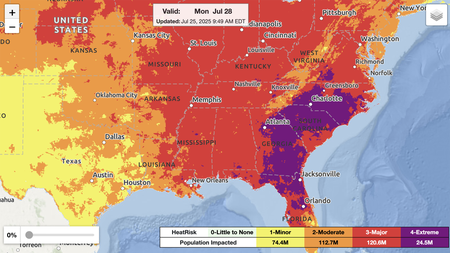
Scorching Heat Dome Grips Eastern U.S., with No Relief in Sight
Tens of millions of people are already under heat alerts, and the worst is yet to come
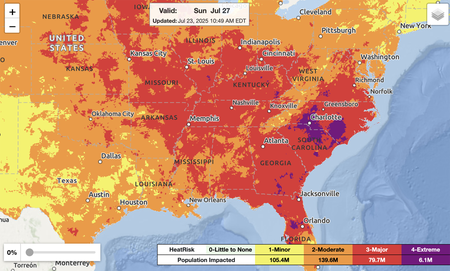
Millions Swelter under Relentless Heat Dome Smothering Eastern U.S.
High humidity and overnight low temperatures that are relatively hot will put tens of millions of people under heat alerts over the course of the coming week
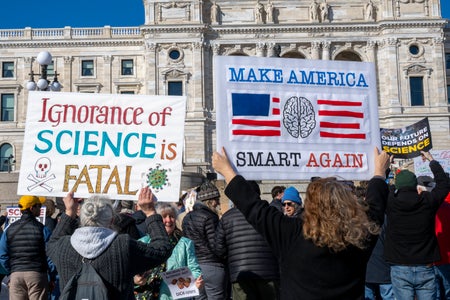
Science Agency Staffers Speak Out about Trump Administration’s Actions
Hundreds of staffers at the National Institutes of Health, Environmental Protection Agency, NASA and the National Science Foundation have signed public letters to leadership opposing the direction in which the agencies are headed

What Is the Blood Vessel Disease Trump Is Diagnosed With?
After photographs showed President Donald Trump with swollen ankles and bruised hands, the White House revealed he has chronic venous insufficiency—a blood vessel disease that affects circulation in the legs
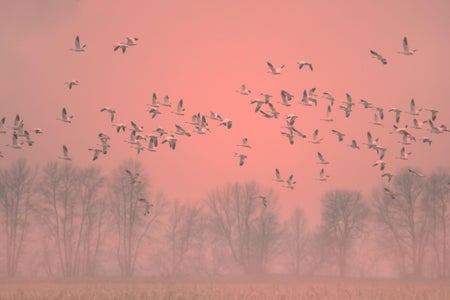
The Invisible Toll of Bird Flu on Wildlife
Bird flu fears have focused on the poultry and dairy industries and human health. But wild animals are threatened, too—at scales no one fully understands
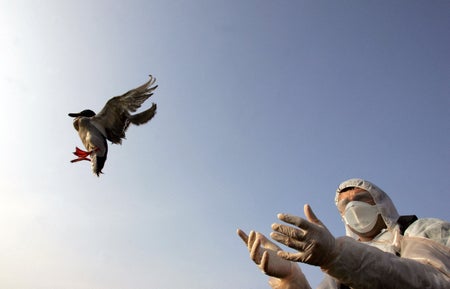
Where Did Bird Flu Go?
Bird flu was nearly everywhere in the U.S.—in chickens, cows, pet cats and even humans. Cases have gone down, but experts warn that it hasn’t disappeared
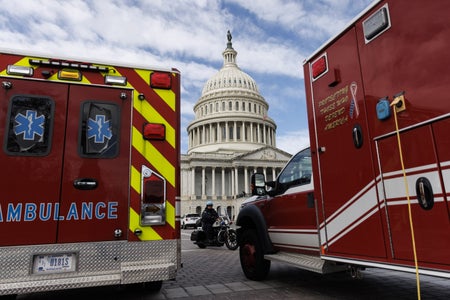
How Massive Medicaid Cuts Will Harm People’s Health
Evidence shows that Medicaid improves people’s health and is particularly vital for babies, older people in need of long-term care and people in rural communities
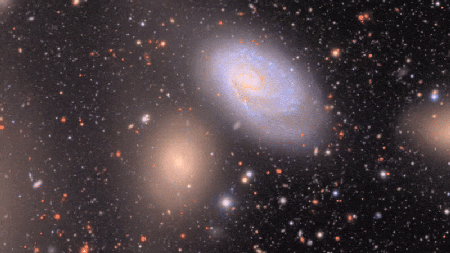
Astronomers Brace for 10 Million Alerts a Night from Rubin Observatory
Astronomers have never had this much data available this quickly before
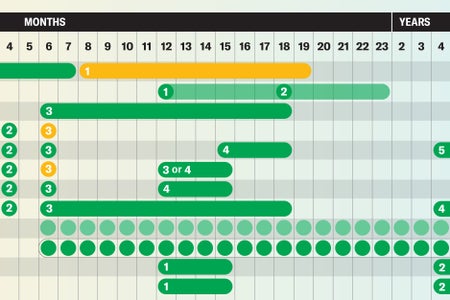
See Vaccine Recommendations Backed by Science in These Handy Charts
These graphics will guide you through science-based vaccine guidelines for children and adults
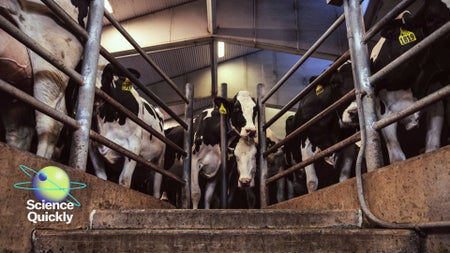
Why Dairy Farmers Were Surprised by Bird Flu Cases in Their Herds
The bird flu was long known to poultry farmers. Here’s why the dairy industry was caught off guard by its jump to cattle.
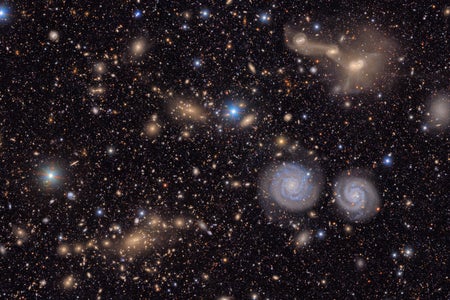
Majestic First Images from Rubin Observatory Show Universe in More Detail Than Ever Before
Astronomy fans can zoom in practically forever into the stunning first images from the Vera C. Rubin Observatory
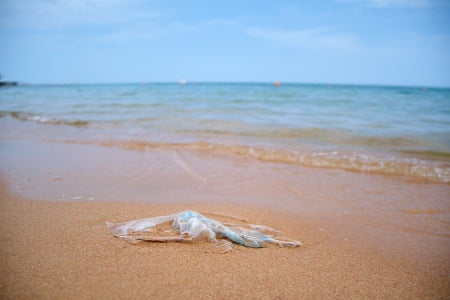
Here’s How Plastic Bag Bans Are Working
Data from beach cleanups show that banning or taxing single-use plastic bags makes a difference in ecosystems
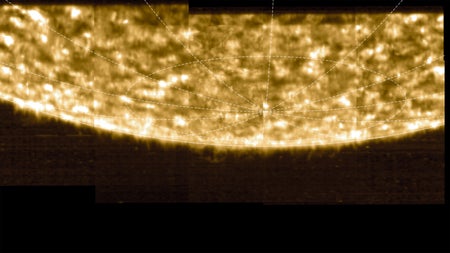
Behold the First Images of the Sun’s South Pole
Solar Orbiter isn’t the first spacecraft to study the sun’s poles—but it’s the first to send back photographs

Can You Still Get a COVID Vaccine This Fall? Here’s What to Know
In recent years COVID shots joined flu shots as an annual offering at most neighborhood pharmacies. But the current administration has thrown that into uncertainty
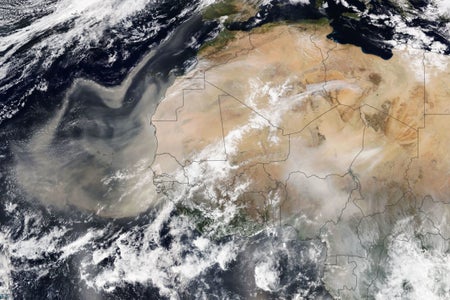
Sahara Dust Clouds Are Heading to Florida and Beyond
Clouds of dust blown off the Saharan Desert into the southeastern U.S. could affect local weather and make sunrises and sunsets particularly vivid
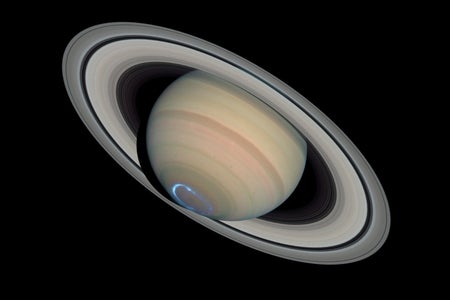
How One Astronomer Helped to Discover Nearly 200 Moons of Saturn
Scientific American spoke with the astronomer who has contributed to the discovery of two thirds of Saturn’s known moons
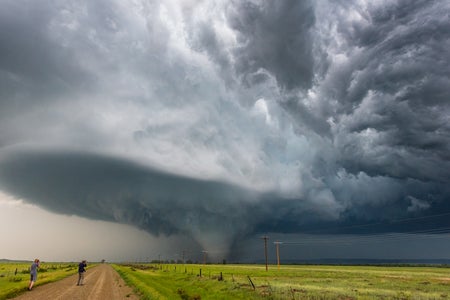
Tornadoes Expected to Strike Multiple States This Weekend in One of the Worst Seasons This Decade
Tornadoes are predicted across swaths of the U.S. in the coming days, likely adding to this year’s already high tally of such storms
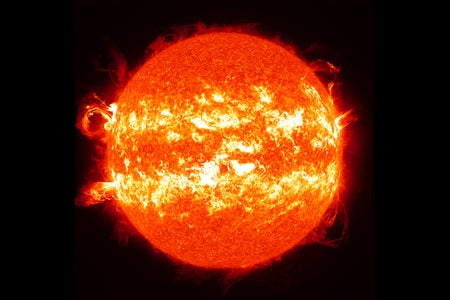
The Sun May Be Entering an Era of Stronger 11-Year Cycles
The sun has produced stunning auroras on Earth in recent years as solar activity has peaked—but expect more in coming years
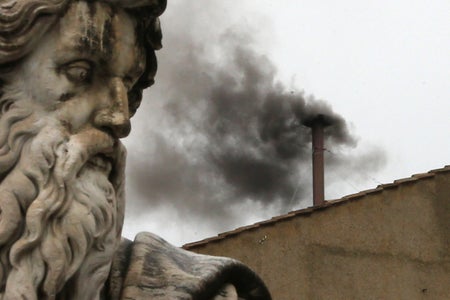
The Pyrotechnic Chemistry of the Vatican’s Pope Smoke Signals Explained
Pyrotechnic chemistry drives the Vatican’s recipes for the black and white smoke used to announce papal election outcomes
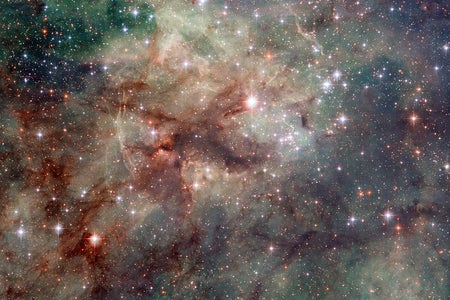
Celebrate Hubble Space Telescope’s 35th Birthday with Stunning Images
Happy anniversary to the Hubble Space Telescope, which launched on April 24, 1990
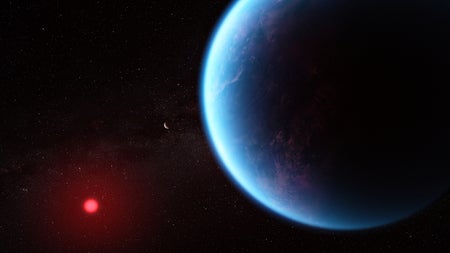
Is Dimethyl Sulfide Really a Sign of Alien Life?
Dimethyl sulfide is in the news after NASA’s James Webb Space Telescope may have detected relatively high levels of it in the atmosphere of an exoplanet called K2-18 b
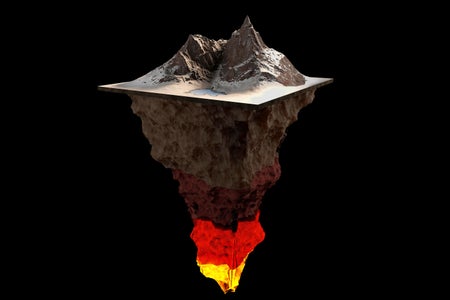
North America May Be Dripping Away Deep under the Midwest
A long-lost slab of Earth’s crust may be pulling away the bottom of the oldest part of North America, scientists say
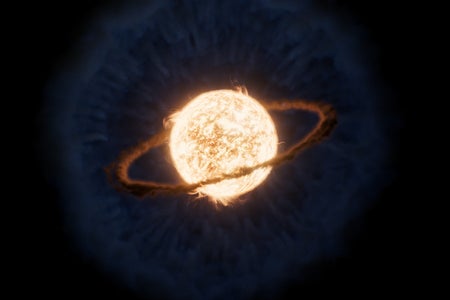
JWST Spots Remains of Alien Planet That Fell into a Star
NASA’s James Webb Space Telescope provided a closer look at the aftermath of a star that wreaked violence on its planet